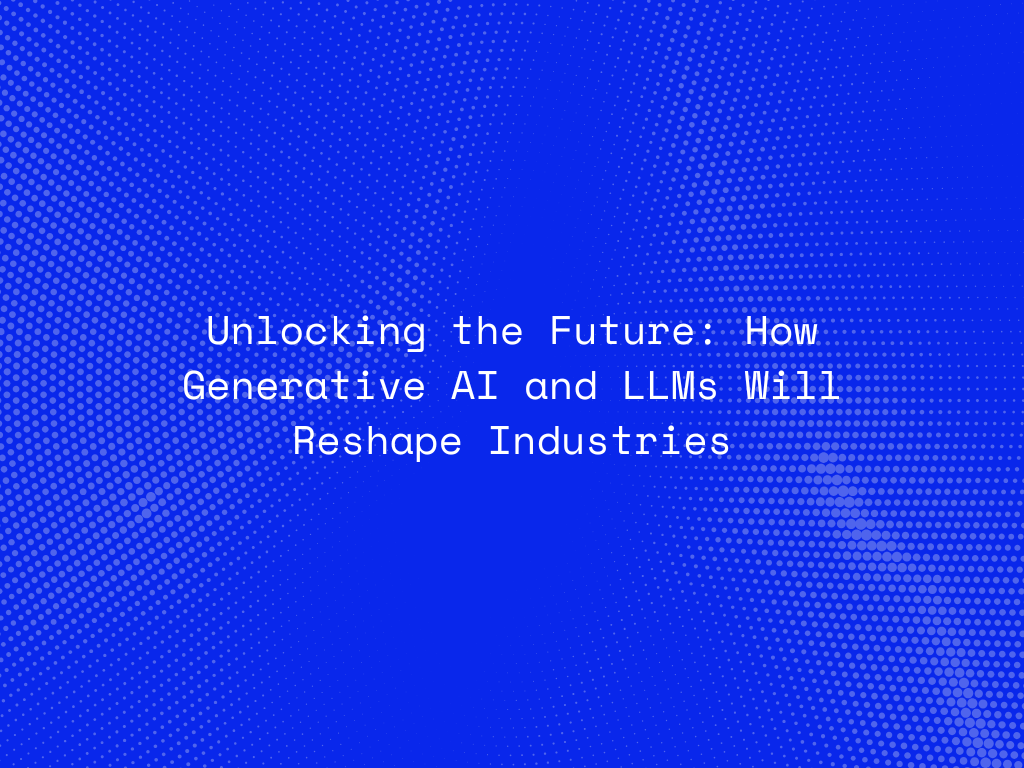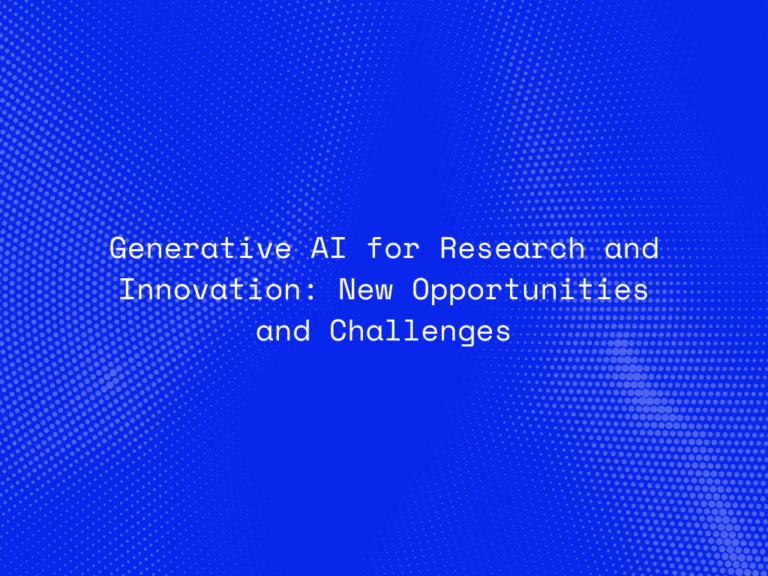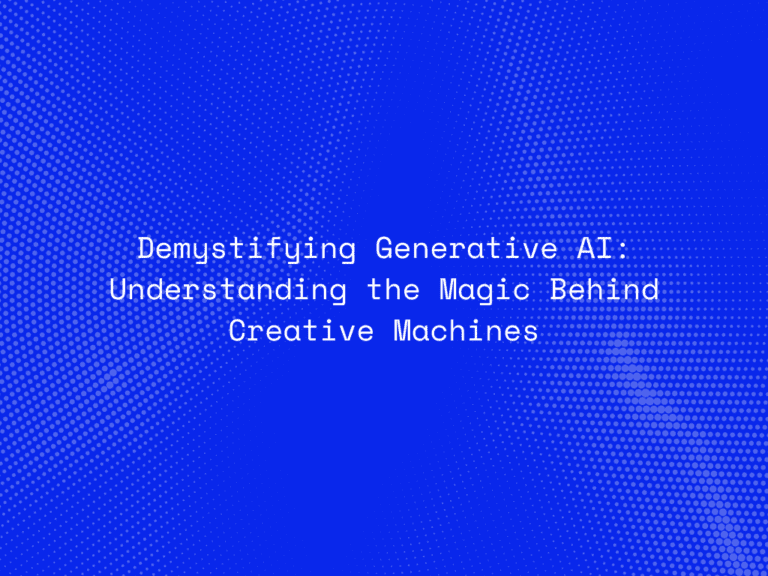The rise of Generative AI and Large Language Models (LLMs) marks a transformative era for industries worldwide. These advanced technologies, capable of creating content, automating tasks, and driving innovation, are reshaping how businesses operate, engage with customers, and tackle challenges. From content generation to revolutionizing customer service, Generative AI and LLMs are no longer just futuristic concepts—they are redefining the present and future of industries.
This blog explores how Generative AI and LLMs are unlocking new opportunities, driving efficiency, and enabling creativity across sectors.
What Are Generative AI and LLMs?
Generative AI refers to systems that can create new content—whether text, images, audio, or even video—based on learned patterns in data. Large Language Models, such as OpenAI’s GPT-4, are subsets of AI trained on extensive datasets to understand and generate human-like text.
Together, they form a powerful combination capable of producing high-quality content, making complex decisions, and driving meaningful insights across domains.
Key Industries Impacted by Generative AI and LLMs
1. Healthcare
- Personalized Treatment Plans: LLMs analyze patient records, medical literature, and research to recommend customized treatment plans.
- Drug Discovery: Generative AI accelerates drug development by simulating molecular interactions and proposing novel compounds.
- Virtual Health Assistants: AI-powered chatbots provide 24/7 support, answering patient queries and streamlining administrative tasks.
2. Education
- Personalized Learning: LLMs create tailored lesson plans and learning materials for students based on their progress and preferences.
- Content Creation: Generative AI automates the creation of educational content, such as quizzes, videos, and interactive exercises.
- Language Learning: AI-driven tools provide real-time feedback and immersive experiences for language learners.
3. Entertainment and Media
- Content Generation: Generative AI produces scripts, music, and visual effects, reducing production time and costs.
- Personalized Recommendations: LLMs power recommendation engines, enhancing user engagement on streaming platforms.
- Synthetic Media: AI creates realistic virtual actors and environments, expanding creative possibilities.
4. Finance
- Fraud Detection: AI identifies anomalies and patterns indicative of fraudulent activities.
- Risk Analysis: LLMs process vast financial data to provide insights into market trends and investment opportunities.
- Automated Customer Support: AI chatbots handle routine customer queries, freeing up human resources for complex tasks.
5. Retail and E-commerce
- Product Recommendations: Generative AI and LLMs analyze customer preferences to suggest products, driving sales and customer satisfaction.
- Virtual Try-Ons: AI enables customers to visualize products like clothing or furniture in real-world settings before purchase.
- Inventory Management: Predictive analytics optimize stock levels, reducing costs and ensuring availability.

Benefits of Generative AI and LLMs
- Enhanced Productivity: Automating repetitive tasks allows teams to focus on strategic initiatives.
- Cost Efficiency: Reducing human effort in labor-intensive tasks saves resources.
- Scalability: AI solutions can scale seamlessly to handle growing demands.
- Innovation: Generative AI opens doors to novel ideas, designs, and strategies.
- Improved Customer Experiences: Personalization and instant support enhance user satisfaction and loyalty.
Challenges and Ethical Considerations
While the potential of Generative AI and LLMs is vast, businesses must address challenges such as:
- Data Privacy: Ensuring the ethical use of customer data is critical.
- Bias in AI Models: Biases in training data can lead to unfair outcomes.
- Job Displacement: Automation could impact employment in certain roles, necessitating reskilling efforts.
- Regulatory Compliance: Organizations must navigate complex AI regulations to ensure legal and ethical usage.
The Future of Generative AI and LLMs
Looking ahead, Generative AI and LLMs will:
- Enhance Human-AI Collaboration: AI will complement human creativity, enabling unprecedented innovation.
- Drive Industry-Specific Solutions: Tailored AI applications will solve unique challenges in healthcare, finance, and more.
- Foster Ethical AI Development: Transparent and fair AI systems will become the norm, ensuring trust and accountability.
- Expand Accessibility: AI tools will become more accessible, empowering businesses of all sizes to leverage their capabilities.
Conclusion
Generative AI and LLMs are not just reshaping industries—they are unlocking new frontiers of possibility. By driving efficiency, fostering creativity, and delivering personalized experiences, these technologies are poised to become indispensable tools for businesses in the coming years.
However, to fully realize their potential, organizations must invest in robust AI strategies, prioritize ethical practices, and focus on upskilling their workforce. The future is here, and it’s powered by Generative AI and LLMs.




